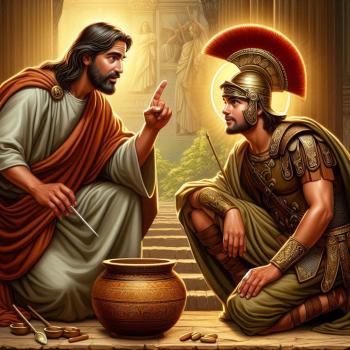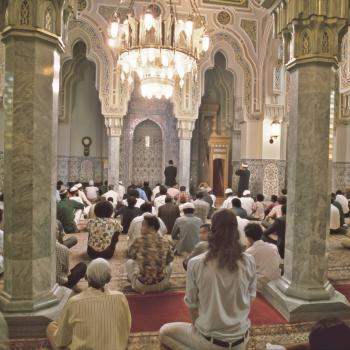What has emerged as the most prominent, though misguided, theme over the past century or so is that of freedom and autonomy, especially in matters of sex. Sexual freedom means, among other things, the ability to separate sex from reproduction; the consequent unburdening of women from the necessary social role of mother; the ability to seek sexual pleasure without social prohibition (in nonmarital forms of sex, homosexuality, and so on); the necessity of abortion so that sex can remain free from consequences; the importance of social policies that expand sexual freedom (contraception, divorce, abortion, same-sex marriage, to name a few); the expansion of artistic and cultural treatments of nonmarital sex (from Joyce's Ulysses to Lawrence's Lady Chatterley's Lover to any R-rated film today); and the ongoing struggle to break down taboos such as in pornography and drinking horse semen (no, I'm not making this up).
What I will propose is the idea that authentic discernment of desire means recognizing that not all kinds of freedom are very life-giving. Discernment is the careful sifting of goods from bads: so, for example, it will be important to discern how in the modern/postmodern world women can discover their vocations, while rejecting ideas that make both men and women sexual addicts.
The history of Christian spirituality is a history of practicing discernment, and it is a complex history. The distinguished historian Peter Brown observed, for example, that "[e]arly Christianity never became a monochromatic religion, committed to a single view of sex that could be invoked by modern conservatives in support of tradition or denounced as toxic by modern radicals" (The Body and Society, 2008, p. xxxvii-xxxviii). Discernment requires asking which strands of tradition are worth keeping (for example, the radical notion that sex can be a manifestation of love) and which are worth ditching (for example, the price of a bride), and it's the task of every culture.
I invite your (civil, honest, large-hearted) comments as we move forward.
Read more from Tim Muldoon's series on Sex and Christianity.
- Part 2: The Sexual Divide
- Part 3: Two Sexual Myths
- Part 4: My Kind of Feminism
- Part 5: Why Are Catholics Obsessed With Sex?





